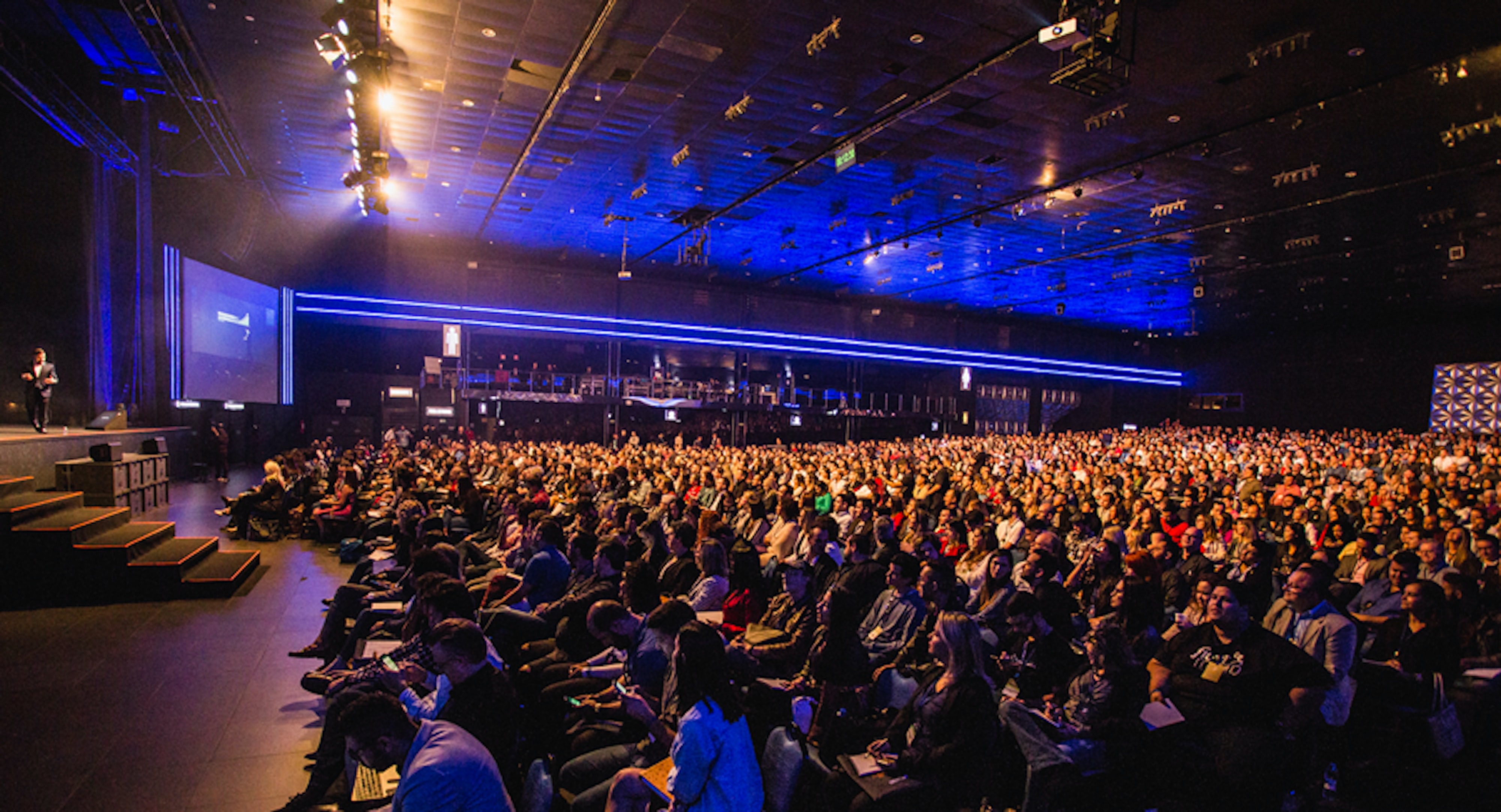Referral programs: do they work and will they help your startup?
Marketing your startup is a daunting task - you’re faced with content creation, becoming familiar with multiple platforms, customer acquisition strategies, search engine optimization (SEO), as well as budgeting for all of these channels.
So, let’s discuss a quick, cost-effective way for your business to be marketed without you doing much work to get started. What is this method you ask? It’s the implementation of a referral program.
What exactly is a referral program?
Simply put - a referral program is an incentive program for your current customers to refer their friends and family to your business in exchange for a reward if the referred person converts to a customer (purchases your service or product). Referrals are powerful. A potential customer hearing from a friend or family member that your startup is recommended because of their experience is going to increase your conversion substantially because people are more willing to trust the word of a friend/family member.
The concept of the referral program is simple but effective. You offer an incentive to a current customer if the person they refer to your brand becomes a customer. In doing this, you aren’t spending money on lookers, you are only paying out the reward for those who convert to a customer. This is in comparison to other marketing tactics, such as Google or Facebook ads where you are paying for your brand to be seen, and paying again for keywords and clicks on the ad when not everyone who clicks will make a purchase.
By implementing a referral program, you are essentially getting free marketing by word of mouth, and you aren’t wasting money on noncommittal viewers. Furthermore, the cost per acquisition (the money paid out as a reward to the referrer) is set by you rather than being governed by the platform you are advertising through. You effectively turn loyal customers into advocates who sell your business on your behalf.
Different types of referral programs
According to John Jantsch in this article on Duct Tape Marketing, there are four types of referral marketing programs, which can all be built out and utilized by a business.
- The first type of referral program is Direct Referrals where you as the startup state directly to existing customers the incentive for referring a person who converts to a customer. This tactic motivates your current customers to act and connects their referral directly to your business. For example, you could have an email campaign to your current customers to refer a friend for a good/service with a monetary reward if the person they referred commits to a purchase.
- The second type of referral program is Implied Referrals which show that you are providing a good or service to someone that others would trust, without asking for a referral directly. For example, you could send out letters/brochures of your product/service in the same neighborhood as one of your customers, highlighting their happiness with what you provided.
- The third type of referral program is Tangible Referrals where you provide a tangible item to your customers to give out as a referral source. An example of this would be giving samplers of a product to a loyal customer to give out as a gift to friends so the friend can try the product, making your business tangible.
- The fourth type of referral program is Community Referrals where you partner with a non profit to support their mission. This will link your business to the audience of the non profit, widening your reach and supporting a cause they already give to. An example of this would be offering a percentage of all proceeds to the non profit during a specific time period.
These four tactics, when combined and strategically utilized, will offer up amazing reach and results for your startup because each, while under the umbrella term of referral program, has their own incentive for different audiences.
Tips for starting a referral program
It’s great to understand the different options for referral programs, but how does one actually start? First of all, your customers won’t know you have a referral program unless you tell them. So, you’ll need to come up with a plan on how to notify customers (email, social media, etc.). However, before you do that, you want the framework for the referral program to be ready (this is where working with a marketing consultant best utilizes your time and resources).
To start, you will want a dedicated landing page for the referral program, separate from your main shopping or services page. This is important because you want to make the use of the referral program easy for your current customers. The landing page can include the incentive you plan to gift the referrer, and a way to email, text, or copy their unique link to send to friends and family.
These links will need to be tied to the referrer so that you can track who is successfully converting referred users and how much to reward. Another feature to consider adding to your site, along with the landing page, is a pop-up widget which allows customers to invite referrals without leaving the site at all.
Next, you will need to decide what the reward will be for the referrers - cash, gift card, store credit, samples, proceeds to a non profit, etc. - which ties back to the section on the types of referral programs. This would be a good conversation to have with tenured marketing professionals (like us!) because marketing consultants can review data about your business and the audience demographic to determine the best tactic(s) to deploy.
Then, you'll need to create an email campaign which follows steps similar to this:
- Invite - notifies the prospect that their friend referred them with the link to follow for visiting your business
- Confirmation of Action - email sent to the referrer letting them know every time one of their referrals acted and became a customer
- Welcome and Confirmation Email - sent to the referral after they have successfully converted to a customer, letting them know their product is on the way, or the service is confirmed
- Reward Notification - email sent to the referrer letting them know their incentive is being processed and will arrive to them within a certain time frame
If you’ve stuck it out this far, you’re probably seeing how intricate a referral program is, but the reward to your startup is unmatched. For low investment, you can reach a wider audience, reduce advertisement and pay-per-click cost, and only invest in those who successfully convert.
Let us leave you with a piece of startup marketing advice - although with lots of time and money spent, you may be successful (not guaranteed) at your marketing efforts, it’s important to remember that this time and internal resource allocation to learning a new field is time and resources taken away from other aspects of the business.
That’s why we think it is so important to work with tenured marketing professionals (such as us) to make sure your marketing spend and efforts are allocated properly for the most successful results. To learn more about how we can help you and to discuss more on relevant efforts for your startup, such as referral programs, schedule your free consultation today!

.jpeg)



